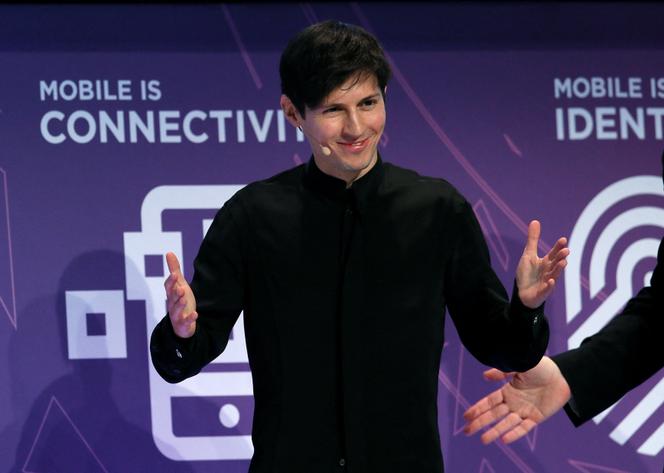


What is Pavel Durov playing at? On Sunday, May 18, as Romania was voting to elect its new president, the head of Telegram, a encrypted message app, published a series of messages accusing France, and more specifically, Nicolas Lerner, director of the General Directorate for External Security (France's foreign intelligence agency, the DGSE), of asking him to censor "conservative voices in Romania." Durov did not provide any evidence to support his claims, which were immediately denied by both the French Foreign Ministry and, in a highly unusual move, by the DGSE itself.
If Durov was indeed, as he claimed, subjected to what he considers illegal pressure earlier this spring, why did he wait until the final stretch of the second round of the Romanian presidential election – just as the first exit polls were indicating a victory for the pro-European candidate – to reveal it? The timing of Durov's announcement, likely to encourage anti-establishment voters to turn out, gave his message all the hallmarks of an attempt to influence the outcome of the vote.
And what "conservative voices" could he have possibly "silenced"? Neither the former candidate Calin Georgescu nor George Simion, who lost on May 18, have official Telegram accounts. Simion, until recently, preferred WhatsApp, a different messaging app despised by Durov.
You have 77.8% of this article left to read. The rest is for subscribers only.
